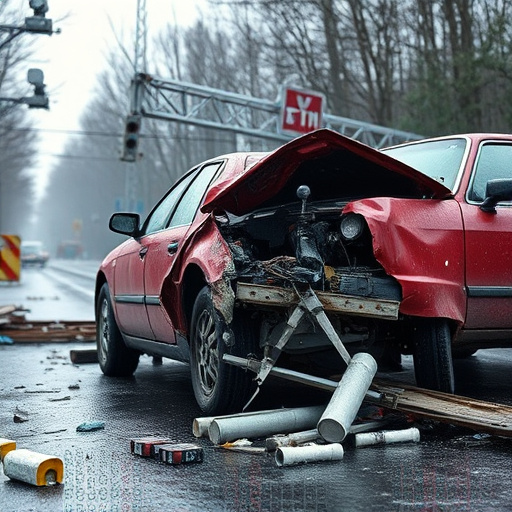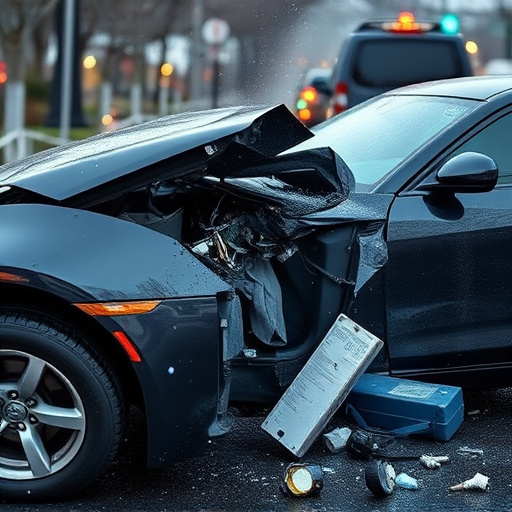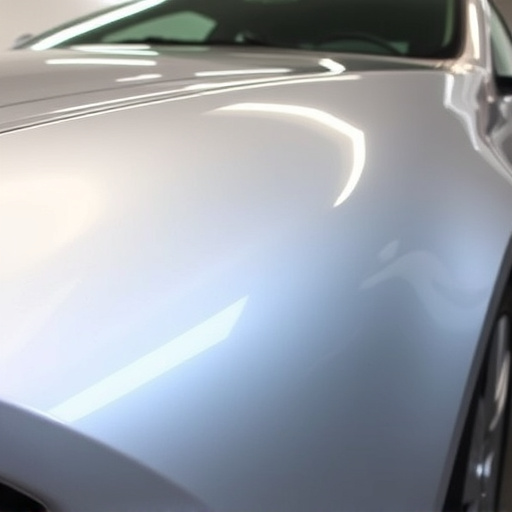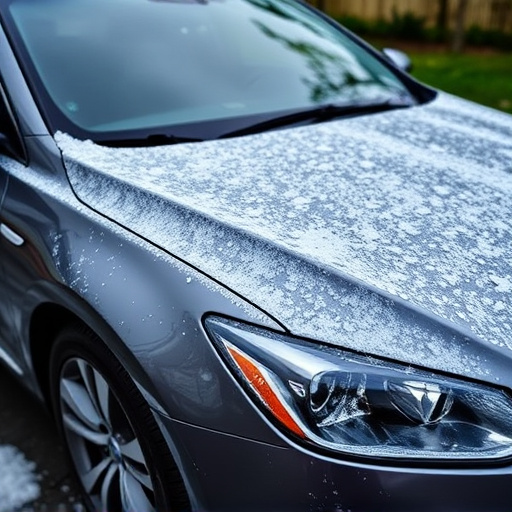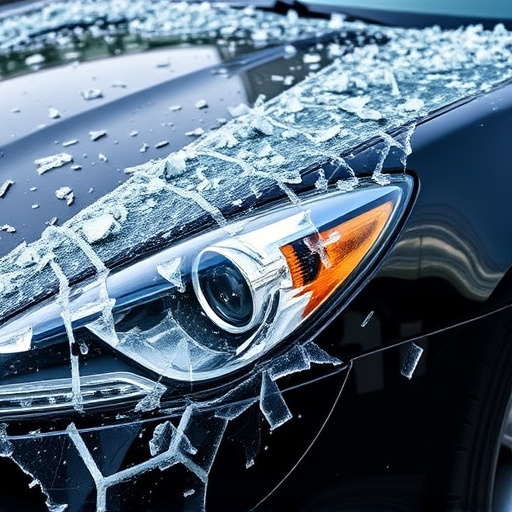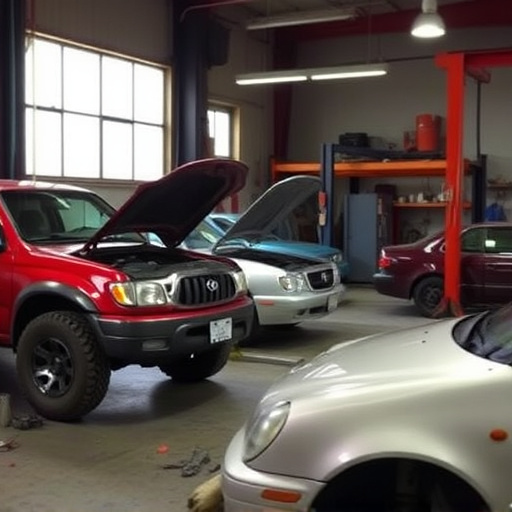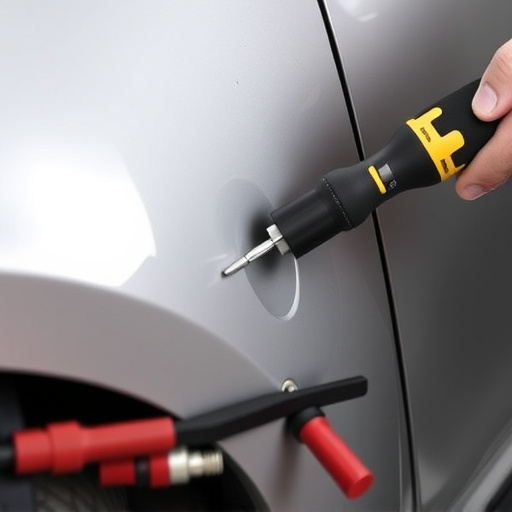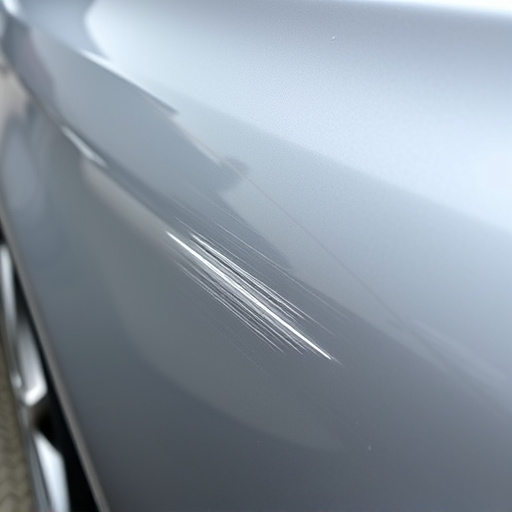Structural integrity experts play a vital role in ensuring vehicle safety by identifying and addressing potential failures through advanced inspections and testing methods. They use their expertise in materials science and mechanics to detect vulnerabilities, employing non-destructive techniques like ultrasonic waves and magnetic particle inspections. This proactive approach prevents catastrophic events related to vehicle repair, painting, or bodywork, ultimately enhancing safety standards.
Structural integrity experts play a pivotal role in ensuring vehicle safety by identifying and addressing potential failure points. Through advanced testing methods, they push vehicles to their limits, revealing weak spots that might go unnoticed during routine inspections. By continuously researching and implementing innovative solutions, these experts future-proof vehicle designs, making them safer and more reliable. This article explores how structural integrity experts prevent future failures through these crucial processes.
- Uncovering Weak Spots: Experts' Role in Identification
- Advanced Testing Methods: Ensuring Safety Standards
- Continuous Research: Future-Proofing Vehicle Designs
Uncovering Weak Spots: Experts' Role in Identification
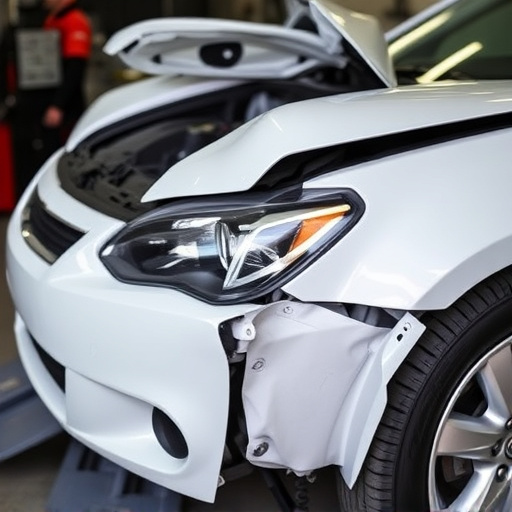
Structural integrity experts play a pivotal role in uncovering weak spots within vehicle components before they lead to catastrophic failures. Through meticulous inspection and advanced diagnostic tools, these professionals can identify potential hazards that might go unnoticed by untrained eyes. They scrutinize every aspect of a vehicle’s structure—from frame and body panels to joints and fasteners—to ensure each element meets the required safety standards.
By leveraging their extensive knowledge and experience in materials science, mechanics, and crash dynamics, structural integrity experts employ various techniques to expose hidden vulnerabilities. These may include non-destructive testing methods like ultrasonic waves or magnetic particle inspections to detect cracks, corrosion, or other damage without causing further harm. This proactive approach to vehicle safety ensures that any necessary repairs or reinforcements are made, preventing future incidents involving auto painting, car dent removal, or complex vehicle body repair.
Advanced Testing Methods: Ensuring Safety Standards
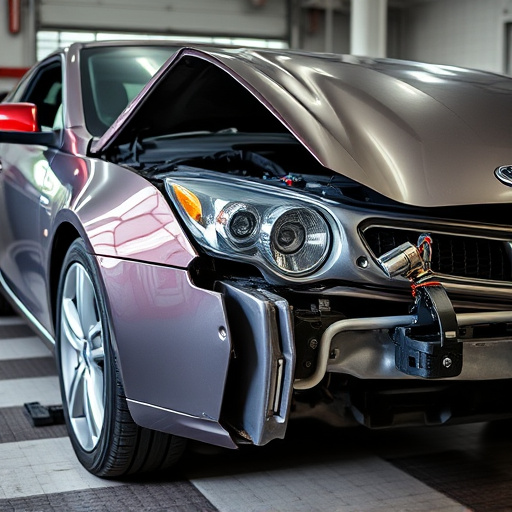
Structural integrity experts play a pivotal role in ensuring vehicle safety by employing advanced testing methods that go beyond traditional auto body repairs. These cutting-edge techniques are designed to simulate real-world conditions and predict potential failure points, enabling proactive measures to prevent future accidents. Through sophisticated tools like computer-aided engineering (CAE) simulations and advanced material testing, experts can evaluate the strength and durability of vehicle components under various stress factors.
This comprehensive approach extends beyond mere car paint repair; it involves delving into the structural underpinnings of vehicles. By identifying weak links in design and manufacturing processes, these specialists contribute to raising overall safety standards in the automotive industry. Their insights facilitate the development of more robust and reliable vehicle structures, ultimately safeguarding drivers and passengers from potential hazards.
Continuous Research: Future-Proofing Vehicle Designs
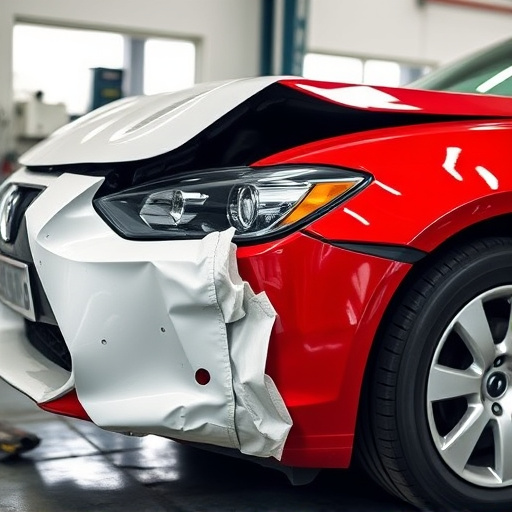
Structural integrity experts play a pivotal role in ensuring vehicle safety by conducting continuous research and staying ahead of evolving design challenges. They are at the forefront of future-proofing car structures, constantly exploring new materials and manufacturing techniques to prevent potential failures. By staying abreast of the latest advancements, these experts can predict and mitigate risks associated with car dent removal and auto repair processes, which often pose hidden dangers to structural integrity.
Their work involves studying advanced composites, lightweight metals, and innovative joining methods that can enhance a vehicle’s overall strength and durability. This proactive approach is crucial in keeping up with the dynamic nature of the automotive industry, where safety standards are constantly being redefined. As such, these experts contribute significantly to the development of robust car body shop practices, ensuring that vehicles on the road meet modern safety requirements.
Structural integrity experts play a pivotal role in ensuring vehicle safety by identifying weak spots, employing advanced testing methods, and driving continuous research. Their dedication to these core responsibilities safeguards not just current models but also paves the way for future-proofing vehicle designs. By staying at the forefront of innovation and adhering to stringent safety standards, these specialists contribute significantly to preventing future failures and enhancing overall transportation security.
